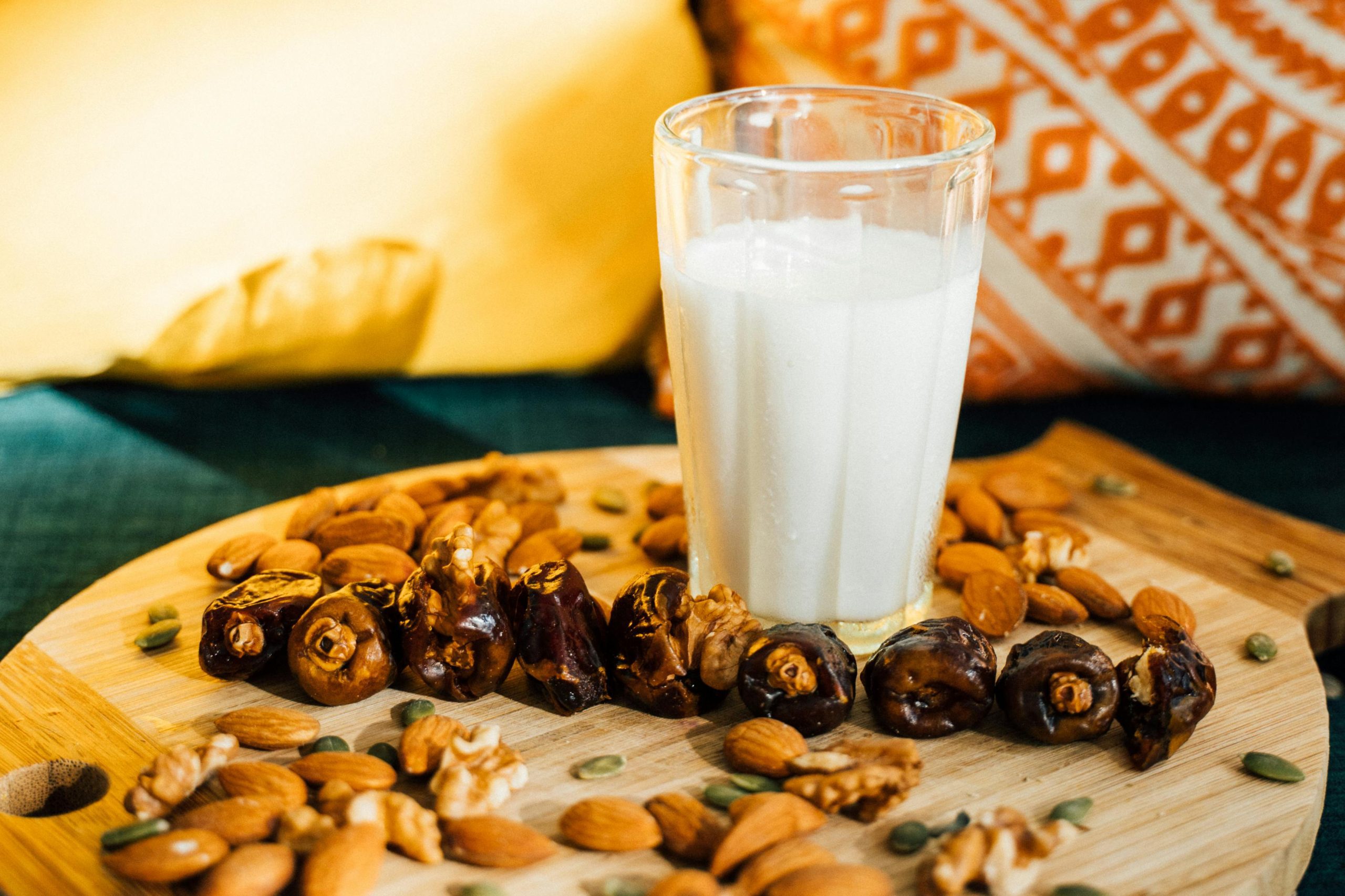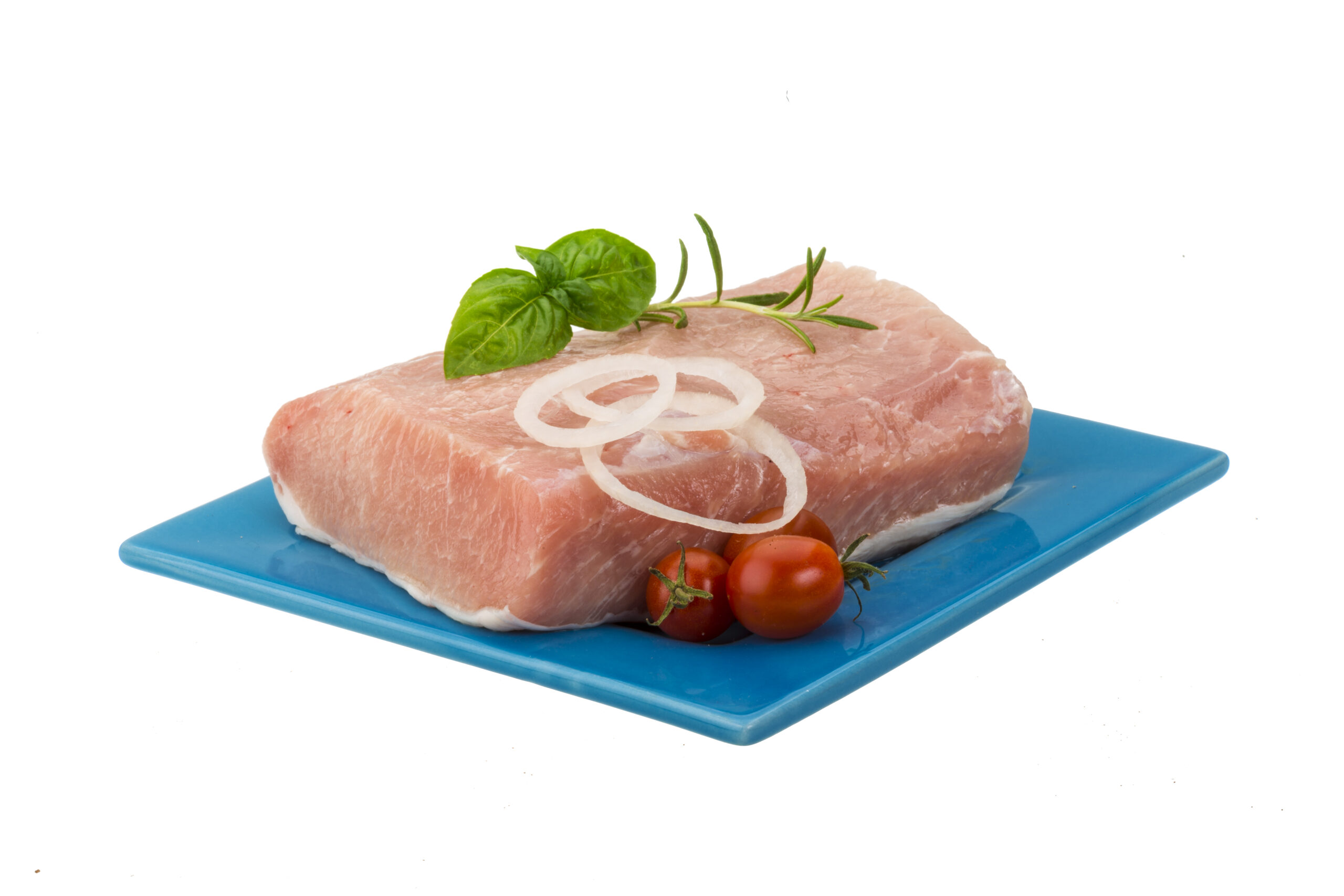India, a country known for its rich culinary traditions, stands at the cusp of a protein revolution. As the global food industry pivots toward alternative protein sources to address environmental concerns and health issues, the question remains: is India ready to embrace this transformation? With its unique dietary habits and agricultural heritage, India has the potential to lead the way in sustainable protein consumption and production.
India’s Protein Deficit: A Call for Change
The Carbohydrate-Driven Diet
Indian cuisine is celebrated worldwide for its diversity, yet it is predominantly carbohydrate-heavy. Staple foods like rice, roti, and dal dominate the average Indian meal, often sidelining protein-rich ingredients. Despite India’s remarkable progress in food grain production, which now exceeds 269 million metric tonnes, the focus has largely been on meeting caloric needs rather than achieving a balanced nutritional profile. This imbalance has contributed to widespread protein deficiency, particularly among children and women.
The Growing Awareness of Protein Needs
In recent years, awareness about the importance of protein has been rising among Indian consumers. Urban households, in particular, are beginning to understand the role of protein in muscle building, immunity, and overall health. However, the traditional sources of protein, such as pulses, dairy, and eggs, are often insufficient to meet the needs of a growing and increasingly health-conscious population. This gap presents a significant opportunity for alternative protein solutions.
The Environmental Impact of Conventional Protein
The traditional protein supply chain, which includes livestock farming and fishing, places immense pressure on natural resources. Livestock farming, in particular, is associated with high water consumption, deforestation, and greenhouse gas emissions. For a country like India, which faces recurring challenges related to water scarcity and climate change, adopting sustainable protein alternatives could be a game-changer.

Alternative Proteins: A Path to Sustainability
What Are Alternative Proteins?
Alternative proteins encompass a range of innovative food products designed to replace traditional animal-based proteins. These include plant-based proteins, cultured meat (produced from animal cells in bioreactors), and fermentation-derived proteins. Companies around the globe are investing in these technologies to create sustainable, ethical, and nutritious protein options.
India’s Untapped Potential
India, with its vast agricultural base and technological expertise, is uniquely positioned to become a leader in the alternative protein sector. The country is already a major producer of pulses, soybeans, and other crops that can serve as raw materials for plant-based protein products. Furthermore, India’s burgeoning startup ecosystem provides fertile ground for innovation in cellular agriculture and fermentation technology.
Cultural Acceptance and Challenges
While alternative proteins are gaining traction globally, their acceptance in India will depend on cultural and culinary factors. Many Indians are vegetarians for religious or ethical reasons, and lab-grown meat or insect-based proteins may face resistance. However, plant-based options and hybrid products that combine traditional ingredients with alternative proteins could bridge this gap, making the transition more seamless for Indian consumers.
India’s Role in the Global Protein Revolution
Policy Support and Investments
The success of alternative proteins in India will require strong policy support and investments. Government initiatives to promote sustainable agriculture and food technology can provide the necessary boost for this sector. Tax incentives for startups working on alternative proteins, grants for research and development, and clear regulatory guidelines for cultured meat and other innovations can help India emerge as a global leader in this space.
The Rise of Indian Startups
India’s entrepreneurial ecosystem is already witnessing the emergence of startups dedicated to alternative proteins. Companies like Evo Foods, which focuses on plant-based egg alternatives, and GoodDot, which offers plant-based meat, are setting the stage for a protein revolution. Collaborations with global players and access to venture capital will further accelerate this growth.
Collaborating with Farmers
To ensure the scalability and sustainability of alternative proteins, it’s essential to involve India’s farming community. By integrating alternative protein crops into traditional farming practices, farmers can diversify their income streams while contributing to a more sustainable food system. This approach will also help address rural unemployment and promote inclusive growth.

The Road Ahead: Challenges and Opportunities
Overcoming Consumer Resistance
One of the biggest challenges for alternative proteins in India is consumer skepticism. Many Indians view lab-grown meat or plant-based products as unnatural or less nutritious. Addressing these concerns through education, transparent labeling, and taste-testing campaigns will be critical to building trust and acceptance.
Scaling Production for Affordability
For alternative proteins to reach the masses, they must be affordable. Scaling up production, improving supply chains, and leveraging economies of scale will be essential to reduce costs. Public-private partnerships and investments in infrastructure can play a pivotal role in achieving this goal.
Embracing Innovation for a Sustainable Future
Innovation will be the cornerstone of India’s protein revolution. From using AI to optimize crop yields for protein production to developing culturally relevant alternative protein recipes, there is immense scope for creativity and collaboration. Indian scientists, entrepreneurs, and chefs must work together to create solutions that resonate with the local palate and ethos.
Conclusion: A Sustainable and Healthful Future
India stands at a crossroads in its journey toward a more sustainable and healthful food system. By embracing alternative proteins, the country can address pressing issues related to nutrition, environmental sustainability, and food security. With its rich agricultural heritage, technological prowess, and entrepreneurial spirit, India has the potential to not only meet its protein needs but also become a global leader in the alternative protein sector.
The protein revolution is not just about food; it’s about creating a future where health, sustainability, and innovation go hand in hand. The question is no longer whether India is ready—it’s how quickly the country can rise to the occasion and lead the way in this transformative journey.









